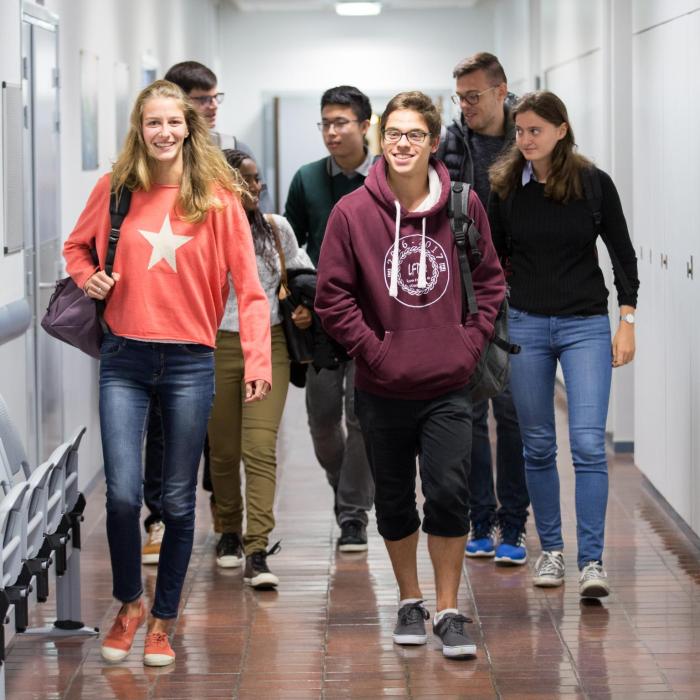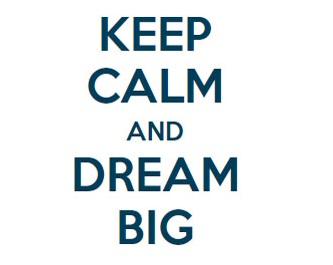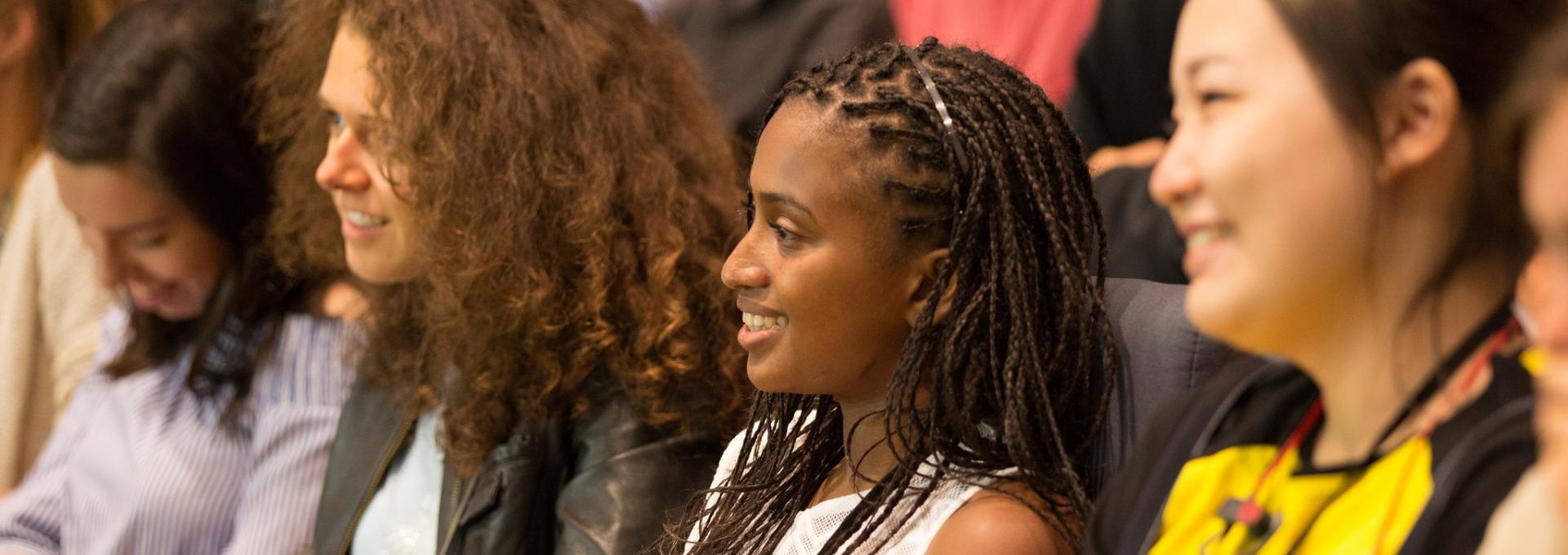We know that applications to university can be a stressful undertaking for candidates and that you have a lot of questions.
The Bachelor Admissions Team is here to help you out throughout the whole application process, but we know that sometimes it’s best to let students speak for themselves.
Students from École Polytechnique’s Bachelor Program would like to share some tips to help you during the application process.
They went through the same process as you, and they share their insight.
“Just be as sincere as possible while putting yourself in the best light possible. Personal projects and accomplishments can be very rewarding so don't forget to include them; everything isn't only about grades, remember to show that you are interested in the Program.”
“I would recommend using precise examples and not staying vague. Small anecdotes can have a powerful meaning. I would also recommend being original and unafraid of answering the question in your own way. What is important is to show your personality.”
“Brainstorming and writing the personal statement can seem very intimidating as the first "challenge" when applying for this Program. To overcome this anxiety, I find that a good place to start is the webpage dedicated to the Bachelor Program. Reading each page carefully, identifying what the Program expects of its candidates helps to lessen unease and serves as a guideline when writing the statement. However, just as its name says: remember to keep it personal. Don't just write what you think the Admissions Committee wishes to find. Keep your statement original and share your own experiences, your activities and your engagements in various domains (even non-science related ones) all whilst making sure that you stay in line with what is expected from an ideal candidate. Also make sure that your dedication to the Program is apparent.”

“The intent behind the personal statement is clearly to understand the applicant better. I took the questions seriously, and tried to analyze myself, as if I was analyzing a poem or something for an essay. The questions were really quite introspectively relevant. I then presented what I found sort of like a "thesis", organizing my answer in pseudo "arguments"."
“The personal reasons why science interests you, as well as your future plans, sources of interest outside your high school, even your idiosyncratic ways of studying if you think they shed light on what kind of a student you are and will be. Furthermore, if you are linked in any way with associative life, if you have any language diplomas or if you have participated in any academic or sports competitions, make sure you tell the Admissions Committee about them.”
“I picked teachers that I had developed a mutually respectful and warm relationship with, who I thought would not only talk about academic skills but the type of person I am, since I was applying to a Program where lots of students with rigorous high school tracks would apply.”
“My referees were my high school's principal and my physics teacher. I chose an academic referee and one that was more aware of my extra-curricular activities. My physics teacher had trained me for the concours général and therefore knew me very well. As a member of several students association and administrative structures, I had many opportunities to work alongside the leading team of my high school. That way they knew about me and the projects I was involved in. I think it is important to choose people who know you well, because the letters will only be more genuine, and it will show during the examination of your file. Also, it is important that the two letters underline different aspects of your personality. For me, one was about my academics, and the other about my involvement and my personality.”

“I chose a mathematics teacher to ensure I had one recommendation from a scientific point of view. For the second one, I chose my English History teacher because I felt she really knew me well, and she was able to assess my abilities to share in an international environment. I did hesitate to ask an old sports coach whom would have been able to assess my commitment and my interest in group life, but teachers are really aware of what is asked in a recommendation letter. Probably if I had done music at a high level, I would have asked my music teacher.”
“Make sure the teacher you choose will have the time to write the best letter possible, because it's an important part of the application.”
“When choosing your referees, I reckon it is important to choose individuals that are in some way related to sciences as this will be the main focus of the Bachelor Program. But more importantly, choose referees who know you well from an educational standpoint and are aware of your scientific potential. Don't hesitate to let your referees know about extracurricular activities you might lead as they probably do not know everything about your lives. This will ensure that your recommendation letters present the full spectrum of your capacities and merit.”
“I had changed school between my last two years, meaning my "current" teachers, from my new school, didn't know me that well. So I chose one teacher from my "final" (current, at the time) and one from my penultimate year. I reasoned that would give the Admissions Committee information about me more depth, and perhaps more balance (by mixing institutions). I chose my math teacher from final year, figuring that it was important to provide up to date information on my level in that subject above all.”
“Chill. Don't stress too much, stress a little though. More seriously, don't try worrying about existential questions such as: “Am I good enough for this?” “Do I really have what it takes?” “Should I stalk the other candidates/current alumni on Facebook?” “I stalked them and they are so freaking good what the hell am I doing here?” Just try to present yourself in the best possible light, you are the person who knows your strengths and weakness best, so show the first and hide or fix the second. Good luck and don't forget to have fun! See you soon!”
“First: PREPARE YOUR ORAL. Of course, you can go and improvise. But you will be a thousand times better with just a small preparation. Be able to introduce yourself in 3-4 minutes, because it is often asked. You can even learn an answer to that by heart, and slip a few hints in it so that the examiner asks you about things you fully master. However, if you see that they don’t go where you're trying to lead them, don't insist. Also, think of what you want to do afterwards. It is important to tell what your ideas are for the future, even if you only have assumptions. Also, have an idea of what this bachelor is about so that you can adapt your arguments to best showcase why you are made for this.”

“I would advise every future candidate to take the proper time that he/she needs to prepare his/her application file. They have to be aware of the big step that they are about to go through.”
“Remember there is nothing you can't achieve, believe in your application and in your talents, you might find yourself studying in France's scientific leading institution in a few months. To sum up: keep calm and dream big! ”
